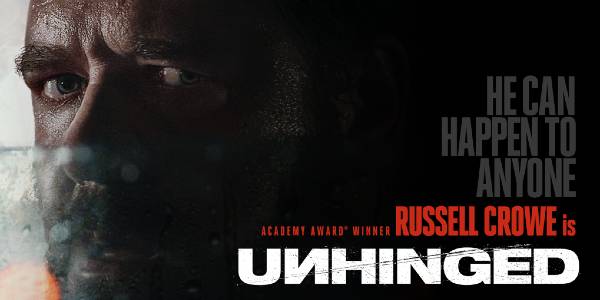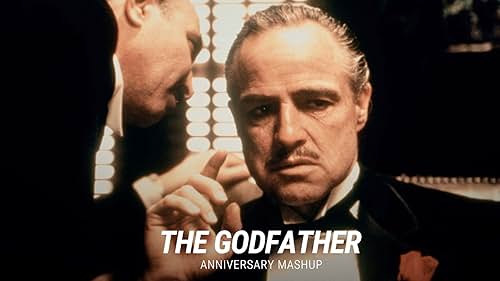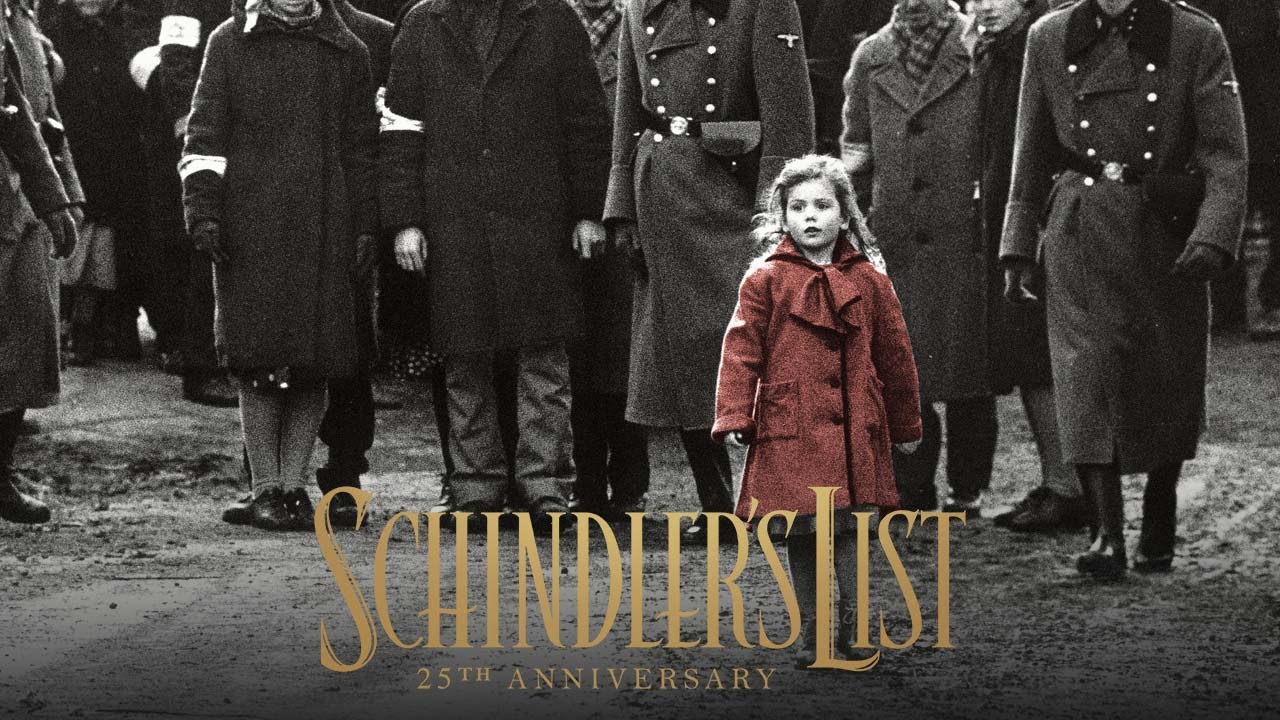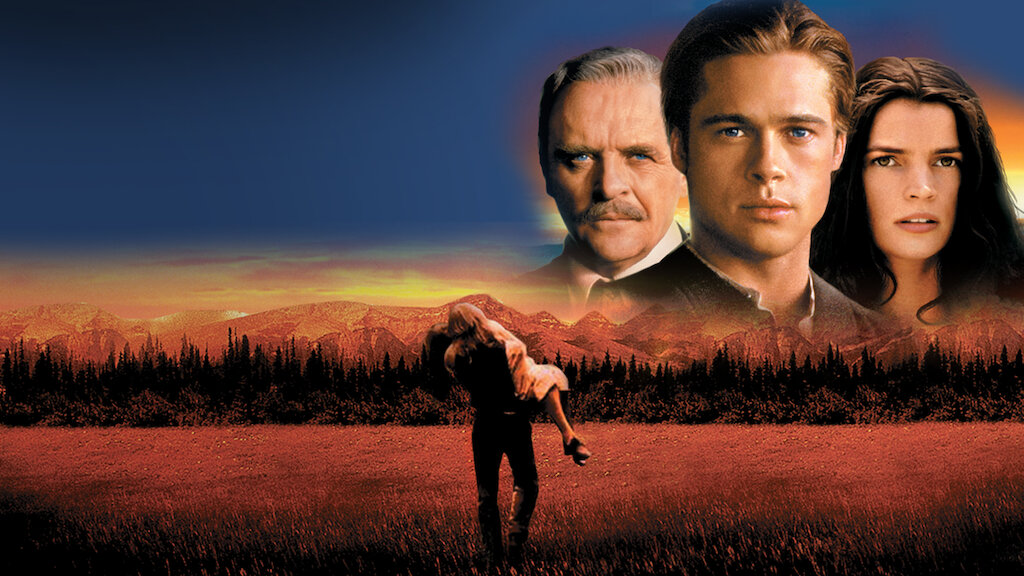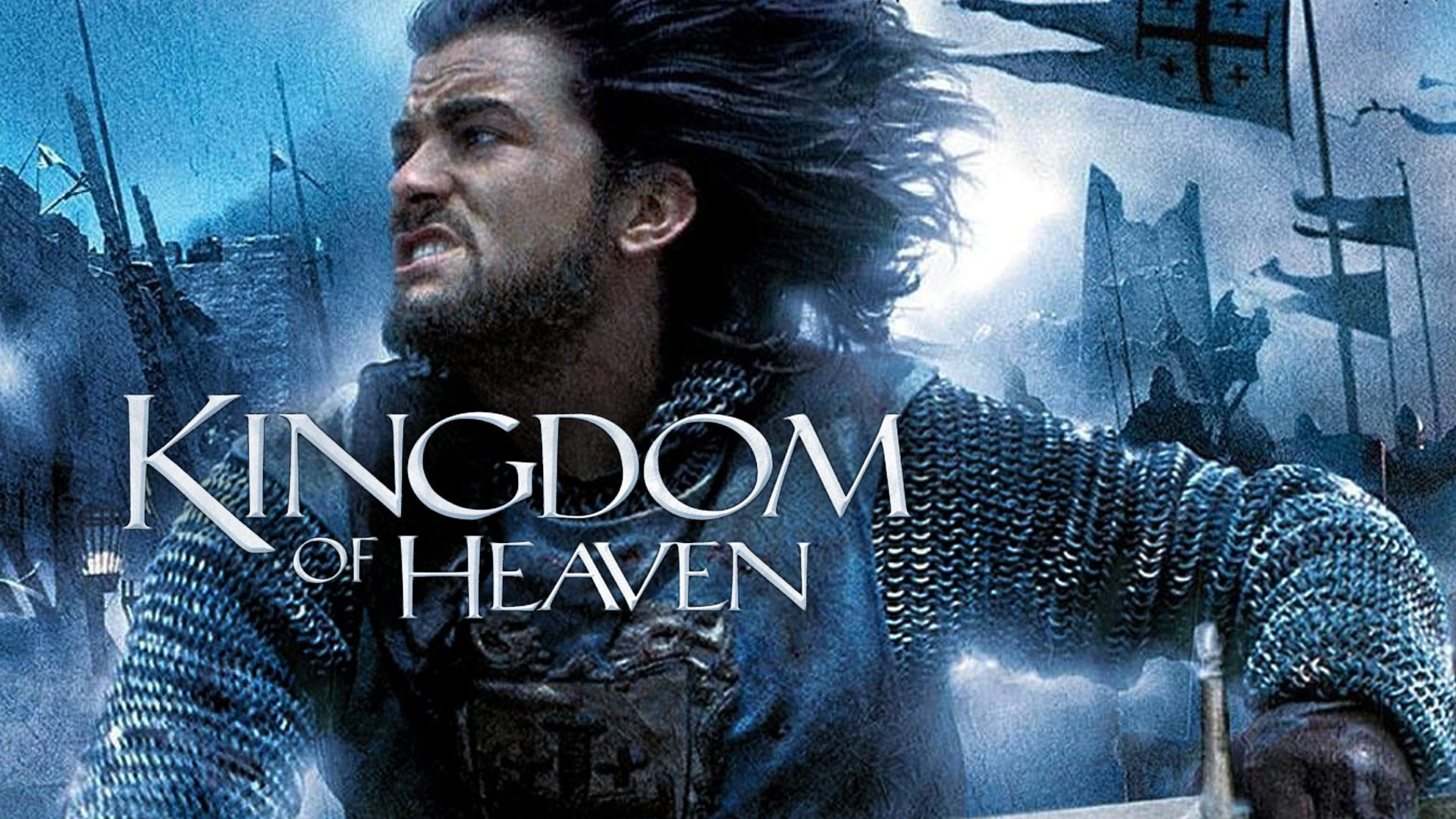The Grand Budapest Hotel (2014) – Movie Review
Wes Anderson’s The Grand Budapest Hotel (2014) is a cinematic confection delightfully eccentric, visually rich, and emotionally resonant. Set in a fictional Eastern European country on the brink of war, this whimsical tale is told with Anderson’s signature style, blending humor, melancholy, and meticulous detail.
The film centers on the adventures of Gustave H. (played with elegance and flair by Ralph Fiennes), the devoted concierge of the Grand Budapest Hotel. He’s known for providing impeccable service and occasionally romantic companionship to the wealthy women who visit. One such relationship with Madame D. (Tilda Swinton) sets off the story’s chain of events when she dies mysteriously and leaves Gustave a priceless painting. Accused of murder, Gustave, along with his loyal lobby boy Zero (Tony Revolori), embarks on a frantic journey involving prison escapes, a stolen will, and an inheritance battle against Madame D.’s sinister family.
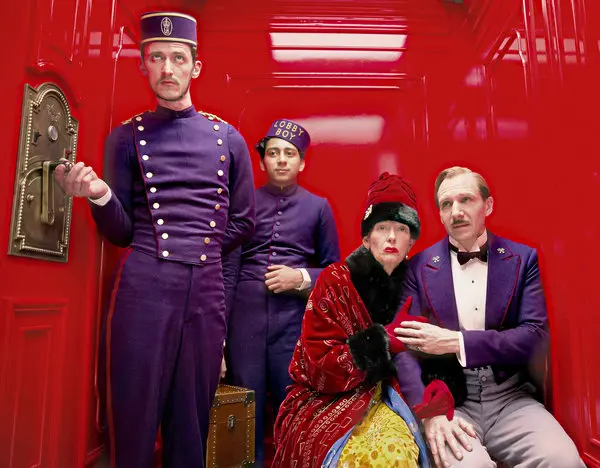
Ralph Fiennes is outstanding as Gustave, delivering rapid-fire wit and poetic language while grounding the character in surprising depth and vulnerability. His chemistry with newcomer Tony Revolori is touching, forming the emotional core of the film. The supporting cast is a who’s who of Anderson regulars Adrien Brody, Willem Dafoe, Jeff Goldblum, Saoirse Ronan, Edward Norton, and more each adding color and charm to the ensemble.
Visually, The Grand Budapest Hotel is nothing short of stunning. Anderson uses a storybook-like aesthetic, symmetrical framing, pastel palettes, and miniature sets to create a world that feels both nostalgic and fantastical. The narrative spans multiple time periods and is framed as a story within a story within a story each layer presented in a different aspect ratio, adding a playful structural element.
While the film is whimsical and packed with humor, it carries a somber undercurrent. Beneath the laughs and absurd moments lies a poignant reflection on a lost era of civility, beauty, and culture soon to be swept away by war and authoritarianism. The looming threat of fascism is never far from the frame, making the characters’ attempts to preserve dignity and kindness all the more heroic.
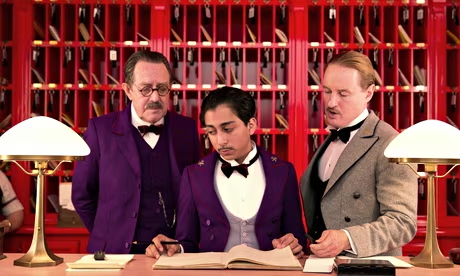
Alexandre Desplat’s Oscar-winning score further enhances the tone, combining folk instruments and melodic themes to match the film’s quirky energy and emotional highs and lows. The result is a rich cinematic experience that’s both deeply entertaining and quietly profound.
The Grand Budapest Hotel received widespread critical acclaim, earning nine Academy Award nominations and winning four, including Best Original Score and Best Production Design. It stands as one of Anderson’s finest works a film that rewards multiple viewings with its layered storytelling, visual inventiveness, and emotional subtlety.
In the end, The Grand Budapest Hotel is more than a stylish comedy it’s a love letter to storytelling, friendship, and the things worth preserving in a world on the verge of chaos.
What do you think about this movie? Let a comment below!
